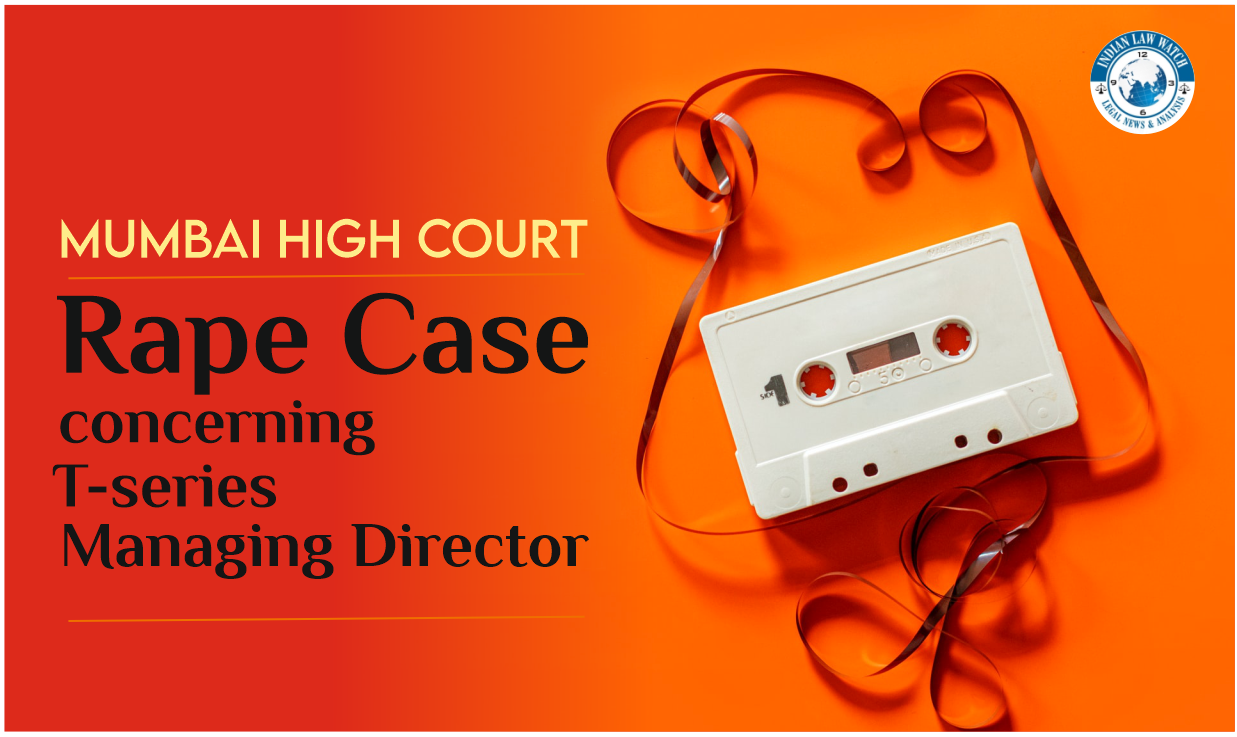

The matter is being heard by a magistrate court in Mumbai which rejected the closure report filed by the police in a rape case against T-Series company’s managing director Bhushan Kumar, and held that “various legal aspects have been compromised” during the investigation.

- B-Summary report: Noting that the complainant woman has misused provisions of law that are meant for the needy litigants by supporting the final report (B-summary), the court directed the police to probe the matter as per the law and the zonal DCP to monitor the investigation. The judge also came down heavily on Kumar and a witness for filing intervention pleas into the matter. Noting that the complainant woman has misused provisions of law that are meant for the needy litigants by supporting the final report (B-summary), the court directed the police to probe the matter as per the law and the zonal DCP to monitor the investigation. A “B summary” report is filed when the police classify the case as maliciously false or when there is no evidence or a prima facie case against the accused after investigation.
- Misuse of law by Victim: The woman, after receiving the B summary notice, filed an affidavit before the court, stating that she is an actress and had made allegations against Bhushan Kumar due to “circumstantial misunderstanding”, and is withdrawing them. She had given her no objection to the approval of the B-summary. The court also directed the additional public prosecutor to take the recourse of law against the victim who has misused the law. The judge also directed the additional PP to inform the conduct of investigators to the commissioner of police, Mumbai, and the state DGP. “In so far as Bhushan Kumar is concerned, he is also having no locus standi to address this court but he has attempted to contest the matter which is unfortunate, unethical and unjustified,” the order said.
 Based on the complaint of the 30-year-old woman, DN Nagar police had last July filed a case against Kumar under provisions of the IPC for rape and cheating As per the complaint, Kumar (43) allegedly raped the woman under the pretext of providing a job on some project in his company.
Based on the complaint of the 30-year-old woman, DN Nagar police had last July filed a case against Kumar under provisions of the IPC for rape and cheating As per the complaint, Kumar (43) allegedly raped the woman under the pretext of providing a job on some project in his company.

- Section 169 of the CrPC deals with what is also called a “Closure Report”: The section contemplates a report which is submitted by the police or the investigating authorities to the Magistrate, stating that after conducting the investigation against the accused person, no evidence or reasonable grounds for suspicion were found to connect them with the instant crime that is under investigation, and in such a case, if the accused person is in custody, then the police officer themself is empowered to release them on certain conditions; for example: after executing a bond, or furnishing sureties, or directing them to appear before the concerned magistrate who has the requisite jurisdiction. This report, referred to in section 169, is known as a “closure report” in common parlance. However, the Magistrate can direct the police to conduct further investigation. The objective of the closure report is that if the investigation conducted by the police or investigating authority does not in any way connect the accused to the crime being investigated, then it is futile to prosecute the accused person. The main objective is to prevent the accused person against whom no evidence has been found, from unfair and unwarranted prosecution, thereby securing and protecting the right of an individual to a fair trial under Article 21 of the Constitution.
- Protest petition: if the Magistrate is inclined to accept the closure report or reject the charge sheet, then the informant must be given an opportunity to be heard, challenge the investigation process and make a submission against the closure report, so as to persuade the Magistrate to take cognizance of the offence. Such a challenge can be made through a Protest Petition.
The Criminal Law (Amendment) Act , 2013 which come into effect from 03.02.2013 has made extensive amendment in the Indian Penol Code and created large number of new offences. These offences include the followin:
1. Acid attack punishable under section 326.
2. Public disrobing of women punishable under section 354 IPC
3. Voyerism punishable under section 354 C IPC.
4. Stalking punishable under section 354D IPC.
5. Expansion of offences under Section 376 of IPC.
6. Trafficking of minor and adult made more stringent.





